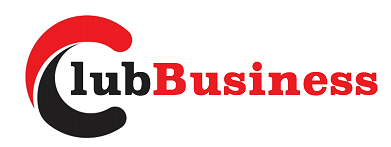An order to purchase or sell stock at the best price possible is known as a market order. This kind of order is typically carried out right away. A market order’s execution price, however, cannot be guaranteed. Investors should remember that a market order may be executed at a different price than the last traded price. In volatile markets, the price at which a market order will manage regularly varies from the most recent traded price or “real-time” quote.
Market orders are widely used because they provide a quick and dependable way to enter or leave a deal. Orders for equities of firms with high market capitalization fill almost instantly. They work effectively for stocks that see a lot of trading as well.
When is market order used?
Market orders are typically utilized for securities with high trading volumes. They consist of futures, exchange-traded funds, large-capitalization stocks, etc.
Low average daily volumes of stocks do not have a strong demand for market orders. This is because they trade in small quantities and have enormous bid-ask spreads. Furthermore, transactions involving thinly traded stocks may incur high trading expenses. This is because they are carried out at unforeseen costs.
How Do You Place a Market Order?
The steps involved in placing a market order are relatively simple. Orders are filled as quickly as feasible at a specified price for security. Just click the sell or buy button on a trading application to successfully execute the order. A relatively small commission is paid to the trader compared to any other order because of how simple the execution is.
When a market order is executed, the buyer or seller is prepared to purchase the security at the asking price or sell it at the bid price. This implies that everyone who manages a market order ultimately forfeits the bid-ask spread, which is the price differential between them.
Advantages and disadvantages of a market order
Pros
- Market orders are the most straightforward way to purchase or sell stocks.
- You can automate your investment strategy and employ dollar-cost averaging more easily with market orders.
- Market orders guarantee that your trade will go through so that you will get all the stock you want to buy or be forced to keep security you want to sell.
Cons
- A market order gives you no assurances regarding the price you will be charged.
- Market orders are risky to submit after the end of the trading day because the price upon market opening could move significantly.
- Your transaction may dramatically affect the stock’s market price if you hold a sizable share of the business or if there are few people trading it daily. To avoid the danger of significant price volatility, you could be better off utilizing a limit order than a market order in such circumstances.
FINAL OVERVIEW
For some investors, a market order is a wise decision, but it is only appropriate in some circumstances. Market orders have significant advantages and disadvantages, particularly for shareholders who own a significant number of shares or for those who trade unusual or low-volume stocks.
Market orders give customers a better chance that their order will be filled, but there are no guarantees since orders depend on stock.

